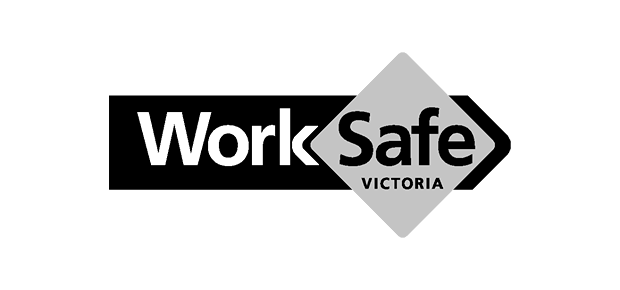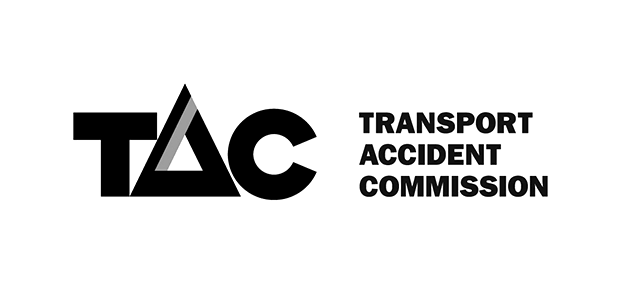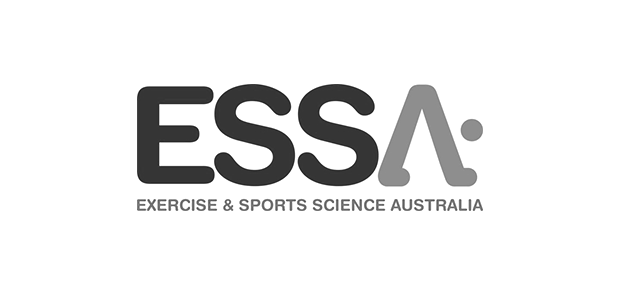Spondylolisthesis
Around 1/10 Australians have a Spondylolisthesis, Women are three times more likely to be affected than men
Degenerative, traumatic or congenital Spondylolisthesis, with or without neurological involvement
The problem
Spondylolisthesis occurs when one vertebra in the spine, slips forward on the one below, usually in the low back just above your pelvis. This may be present from birth or develop later in life.
The most common symptoms of spondylolisthesis are low back and buttock pain and muscle spasm. Pain is usually aggravated by backward bending or sudden loading of the low back in running or jumping, and it may be eased by bending the spine forward. More serious cases may cause neurological symptoms like shooting pain, numbness or tingling or even weakness on walking or standing from a seated position.
Who it affects
Spondylolisthesis affects a wide range of people. In adolescents and young adults we commonly see it result from physical stresses on an immature spine, usually in sports such as football, cricket or gymnastics. A non-specific low back ache in an active teen may be the first sign of vertebral micro-fractures which can lead to spondylolisthesis.
Spondylolisthesis may also result from trauma like a car accident, or also as an age-related degenerative change.
What we do about it
The best management for spondylolisthesis will vary depending on how severe it is, and whether it is acute or ongoing. An early visit to an allied health professional such as an osteopath, physiotherapist or exercise physiologist can help to accurately diagnose your condition, keep you functional and begin planning your recovery.



Want to know more?
You can learn more about the MOH approach to low back pain and improving back function by checking out blogs in the MOH Low Back series;
- Functional Osteopathic assessment of the Low Back
- Osteopathic treatment for low back pain
- Functional exercises for Low Back Pain
- Pilates for Low Back strength & stability
- Dead lifting for Lumbopelvic strength & control
Want to book an appointment?
If you would like to book an appointment with one of our Osteopaths, click here.
If you can’t find a time that’s convenient just give us a call and we’ll be happy to help you.






